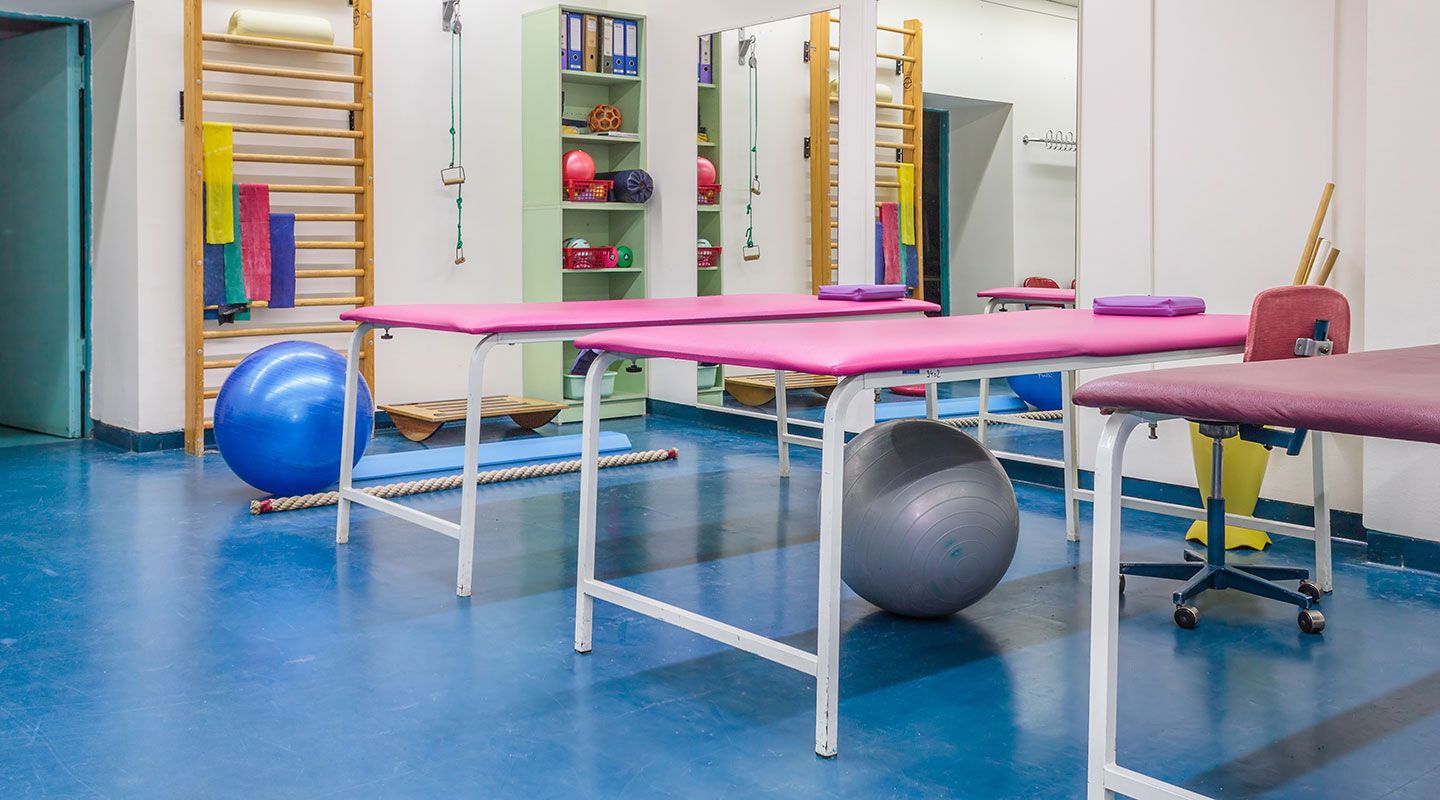Physical therapy's role in COVID-19 recovery

COVID-19 attacks the lungs. However, its effects ravage the whole body. That’s especially true when patients end up in the intensive care unit. And when patients leave the ICU, physical therapists play an important role in many their recoveries from the novel coronavirus.
Patients go from the ICU to physical therapy
Hector Calderon was the first person in Oregon to test positive for COVID-19. He spent time in the ICU and was at times sedated and intubated. In early May he was discharged from the hospital. And it was then that his recovery journey began.
Doctors told The Chronicle that Calderon will work with physical therapists to continue his recovery following his stay in the ICU. And he isn’t alone.
The virus' effects can lead to substantial loss of strength. For many patients that means physical therapy following discharge from the hospital.
COVID-19 is physically taxing on patients
As the novel coronavirus takes hold its symptoms can surface throughout the body. Why are the effects of this respiratory virus so extensive? For many ICU patients, the culprit is inflammation, Science explained.
As COVID-19 attacks the lungs oxygen deprivation can drive widespread inflammation. Ultimately, this can damage the kidneys, heart, brain, liver and other organs.
“The issue we’re all going to be faced with the most in the coming months is how we’re going to help these people recover,” Lauren Ferrante, a pulmonary and critical care physician at the Yale School of Medicine, told the magazine.
The pervasive physical devastation COVID-19 causes is the reason many patients who survive the ICU will experience issues associated with post-intensive care syndrome. Many of those individuals will deal with PICS at home.
Patricia Ohtake, PT, Ph.D., noted in a paper that there is a need for physical therapists because around 85% of people are sent home from the hospital following ICU. The associate professor in the physical therapy program in the University at Buffalo's School of Public Health and Health Professions was the senior author on the paper that provided a framework for the treatment of PICS in people recovering from COVID-19.
COVID-19 recovery is similarly difficult
PICS and the myriad associated issues are one reason why COVID-19 recovery is so taxing and may require physiotherapy. The physical aspects of PICS are numerous. They include:
- Muscle weakness.
- Difficulty with walking and balance.
Trouble with dressing, bathing, etc.
These symptoms and others that emerge during COVID-19 recovery can be mitigated through proper physical therapy treatment.
"With an increased understanding of the problems people experience following critical illness, home- and community-based physical therapists will be more equipped to recognize the physical, mental health, and cognitive problems that these people are experiencing," Ohtake explained.

How physical therapists assist COVID-19 recovery
There are a number of ways physical therapists assist COVID-19 patients and people recovering from the novel coronavirus.
It all starts in the ICU where hospitals have recruited physical therapists to assist with “proning” patients. Additionally, physical therapy has a role in the hospital as patients emerge from the ICU and prepare to return home and continue their recoveries.
Evaluating the patient in recovery
Treating a patient recovering from the coronavirus starts with evaluating the individual. Capacity testing and musculoskeletal evaluation tell PTs what sort of treatment plan is required.
There are a number of signs to look for in recovering patients who spent time in the ICU. The Physical Therapy Journal paper authored by Othake and others outlined aspects of PICS:
- Respiratory function: Patients who were in the ICU may experience difficulty breathing at rest and weakened cough as a result of weakened respiratory muscles.
- Muscle strength: Upper and lower extremity muscle strength frequently decreases for a year following a stay in the ICU. PTs may also evaluate exercise capacity.
Balance: Critical illness survivors such as COVID-19 patients may also find themselves experiencing balance issues throughout the year following their ICU stays.
By evaluating these aspects and more physical therapists build treatment plans for coronavirus patients recovering from the ICU.
Interventions to aid in recovery
After evaluation physical therapists will initiate rehabilitation interventions. Strategies focus on respiratory exercises and other treatments as well as adaptive devices.
Schneck Medical Center listed several activities that may aid recovery after the ICU:
- Focusing on deep breathing.
- Walking (with an assistive device if necessary) four to six times per day.
- Standing for five minutes every two hours.
Specific lower and upper extremity exercises with increasing repetitions over time.
Physical therapists play an important role in planning these interventions for COVID-19 patients leaving the ICU.
Patients affected by limited mobility
The coronavirus has forced changes for everyone—whether they’ve caught the virus or are staying home to help mitigate its spread. People with formerly active lifestyles are now dealing with a limitations on what they do outside their homes. And individuals with more sedate lifestyles may be worsening existing conditions.
The lifestyle changes forced by coronavirus mitigation efforts may lead to physical issues. Clients may need help improving their posture or conditioning following long stretches of limited mobility.
The role of physical therapy amid COVID-19
Physical therapy has an important role to play in the midst of the ongoing coronavirus pandemic. They’re returning physical function to patients who spent time in the ICU and helping clients deal with lifestyle changes affecting them physically.
This essential role in the nation’s rehabilitation from COVID-19 will require practices that are recovery ready and prepared for the challenges ahead. Because one of the few things we know about this novel coronavirus is physical therapists have an important role to play now and in the months ahead.



